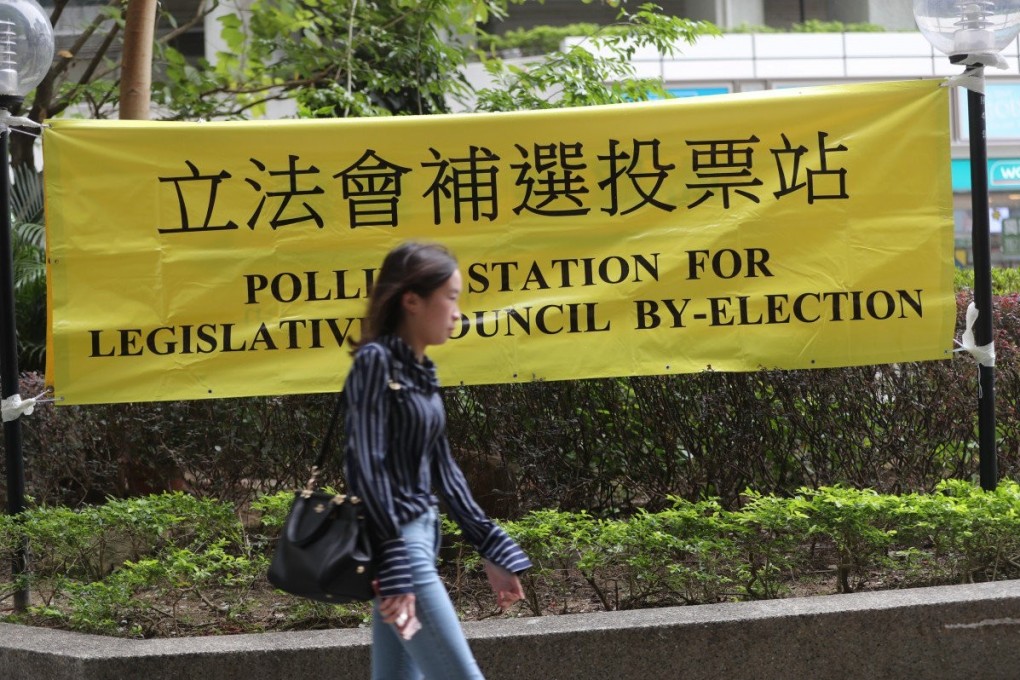Surge in voter registration a sign of growing civic awareness
- The record number of people signing up to vote is a positive development for democratic participation

The annual voter registration drive in Hong Kong is largely an uneventful affair. But against the backdrop of the row over the extradition bill, a record 350,000 people have signed up to vote in the coming elections.
Whether it is more a response to the government’s disastrous handling of the bill or a genuine political awakening remains to be seen. But this is a positive development for civic education and democratic participation.
The surge is similar to those following the landmark July 1 march in 2003 and the Occupy protests in 2014.
The 2003 march, in which an estimated half a million people took part, was prompted by the government’s push to outlaw subversion and other national security offences under Article 23 of the Basic Law.

The 79-day Occupy protests in 2014 were mounted to push Beijing for greater democracy.
The now-suspended extradition bill, which would have allowed a case-by-case model to transfer suspects to jurisdictions that lack an extradition agreement with the city, including the mainland, is similar in that it touches on civil rights and Beijing-Hong Kong relations. Like Occupy, the protests over the bill have also attracted a strong following from young people.